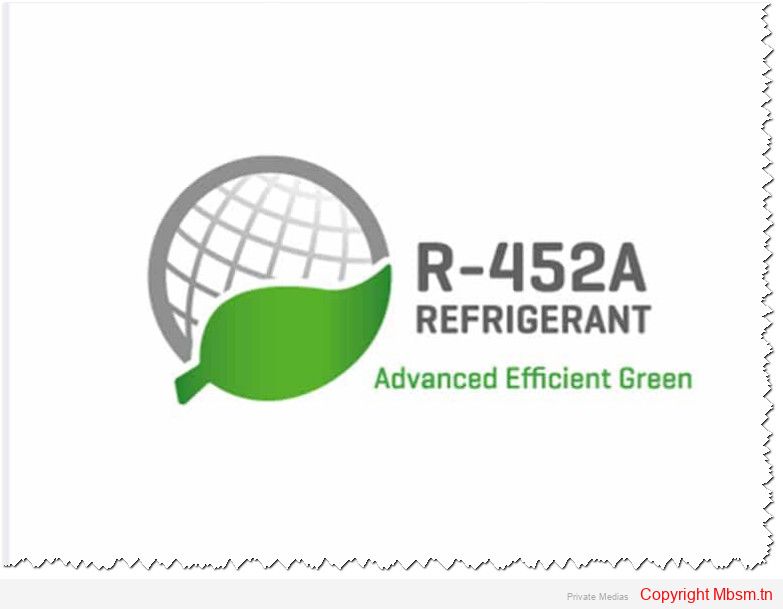The refrigeration industry is undergoing a significant transformation driven by the urgent need for sustainability and energy efficiency. This shift is characterized by the adoption of eco-friendly refrigerants and innovative technologies that aim to mitigate environmental impacts.
Key Innovations in Refrigeration Technology
1. Eco-Friendly Refrigerants
The move away from traditional refrigerants, particularly hydrofluorocarbons (HFCs), is a major trend in the refrigeration sector. HFCs have high global warming potential (GWP) and are being replaced by more sustainable alternatives such as hydrofluoroolefins (HFOs), ammonia, and carbon dioxide (CO2). These natural refrigerants have significantly lower GWP and ozone-depleting potential, making them environmentally friendly options for modern refrigeration systems
14.2. Smart Refrigeration Systems
The integration of smart technologies, including the Internet of Things (IoT) and artificial intelligence (AI), is revolutionizing refrigeration. Smart systems allow for real-time monitoring and control, optimizing energy consumption and enhancing operational efficiency. For instance, these systems can detect temperature fluctuations and alert users to potential malfunctions, reducing the risk of spoilage and improving overall reliability135.3. Magnetic Refrigeration
Magnetic refrigeration is emerging as a promising alternative to conventional vapor compression systems. This technology utilizes the magnetocaloric effect, where a magnetic field is applied to a refrigerant to induce cooling. Magnetic refrigeration has the potential to lower energy consumption significantly while eliminating the need for harmful refrigerants134.4. Energy-Efficient Technologies
Modern refrigeration systems are increasingly designed with energy efficiency in mind. Innovations such as variable speed compressors, advanced insulation materials, and heat recovery techniques are being implemented to reduce energy usage. These advancements not only decrease operational costs but also contribute to lower carbon footprints256.5. Advanced Control Systems
The adoption of advanced control systems powered by IoT enables predictive maintenance and optimization of refrigeration processes. These systems analyze performance data in real-time, allowing for adjustments that minimize energy waste and prevent refrigerant leaks, which are significant contributors to greenhouse gas emissions48.
The Future of Refrigeration
As global demand for refrigeration continues to rise due to factors like urbanization and climate change, the focus on sustainable practices will remain paramount. The ongoing development of eco-friendly refrigerants and energy-efficient technologies is crucial for addressing both environmental challenges and regulatory compliance, such as those outlined in the Kigali Amendment to the Montreal Protocol
46.In conclusion, the refrigeration industry is at a pivotal point where innovation is not only enhancing operational efficiency but also significantly reducing environmental impacts. The transition towards eco-friendly refrigerants and advanced technologies marks a critical step toward a sustainable future in refrigeration.

| Attachment | Type | Link |
|---|---|---|
| Mbsm-tn-private-media__Mbsm_media_2024-12-20_221303 | image/jpeg | Get Link |




